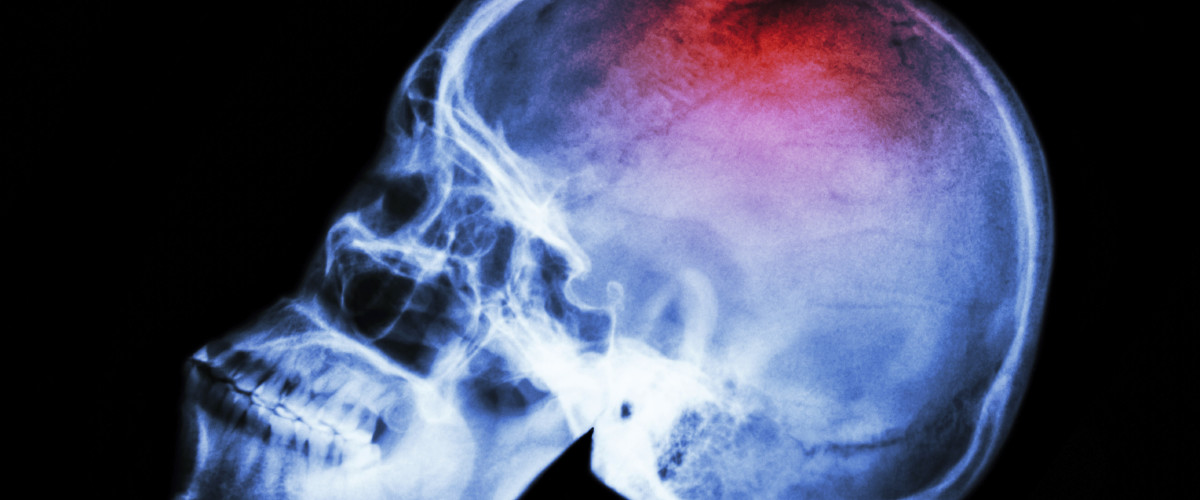Infection and Alzheimer’s…say What?

Did you know that decades of sound evidence from human studies have shown that the cause of Alzheimer’s disease is likely the result of infection? Oddly, the majority of the medical community has dismissed these studies. The evidence was discussed in the March 8, 2016 Journal of Alzheimer’s Disease editorial. “Despite all the supportive evidence, the topic [of linking infections to Alzheimer’s disease] is often dismissed as ‘controversial,’ ” the authors of the editorial, signed by an international group of 33 researchers and clinicians, write.
As Nancy Melville reports in the March 18, 2016 Medscape: Psychiatry and Mental Health the authors went on to say, “One recalls the widespread opposition initially to data showing that viruses cause some types of cancer, and that a bacterium causes stomach ulcers.”
The implications could be just as important with regard to Alzheimer’s disease, coauthor Ruth F. Itzhaki, PhD, of the Faculty of Life Sciences at the University of Manchester, United Kingdom, told Medscape Medical News.
“The implications are that patients could be treated with antiviral agents. These would not cure them, but might slow or even stop the progression of the disease,” she said.
“The evidence points to herpes simplex virus type 1 (HSV1), Chlamydia pneumoniae, and several types of spirochetes, which make their way into the central nervous system (CNS), where they can remain in latent form indefinitely”, the authors note.
Melville’s report continues, “The link with HSV1 is supported by as many as 100 studies. Only two studies oppose the association; both were published more than a decade ago, the authors state. Under the prevailing theory, agents such as HSV1 undergo reactivation in the brain during aging and with the decline of the immune system, as well as when persons are under stress”.
The authors went on to discuss the roll of amyloid-β (Aβ) peptide deposits. Once considered to be the real “bad boys” in Alzheimer’s disease, “they now appear to be only a defense mechanism”.
If interested, you may wish to read this interesting study either from Medscape or the Journal of Alzheimer’s Disease.
So what are the implications for FineWiners? If it is true that the dreaded Alzheimer’s Disease is even partially caused by inflammation as a result of aging, immune dysfunction, and stress, then we actually may have some control over the situation. Certainly we have no control over aging, but there is a mass of research regarding the correlation of gut-diet to immune function and inflammation. There is equally as much information on managing our stress. By being more informed and taking certain actions, FineWiners may have more control of their health.
